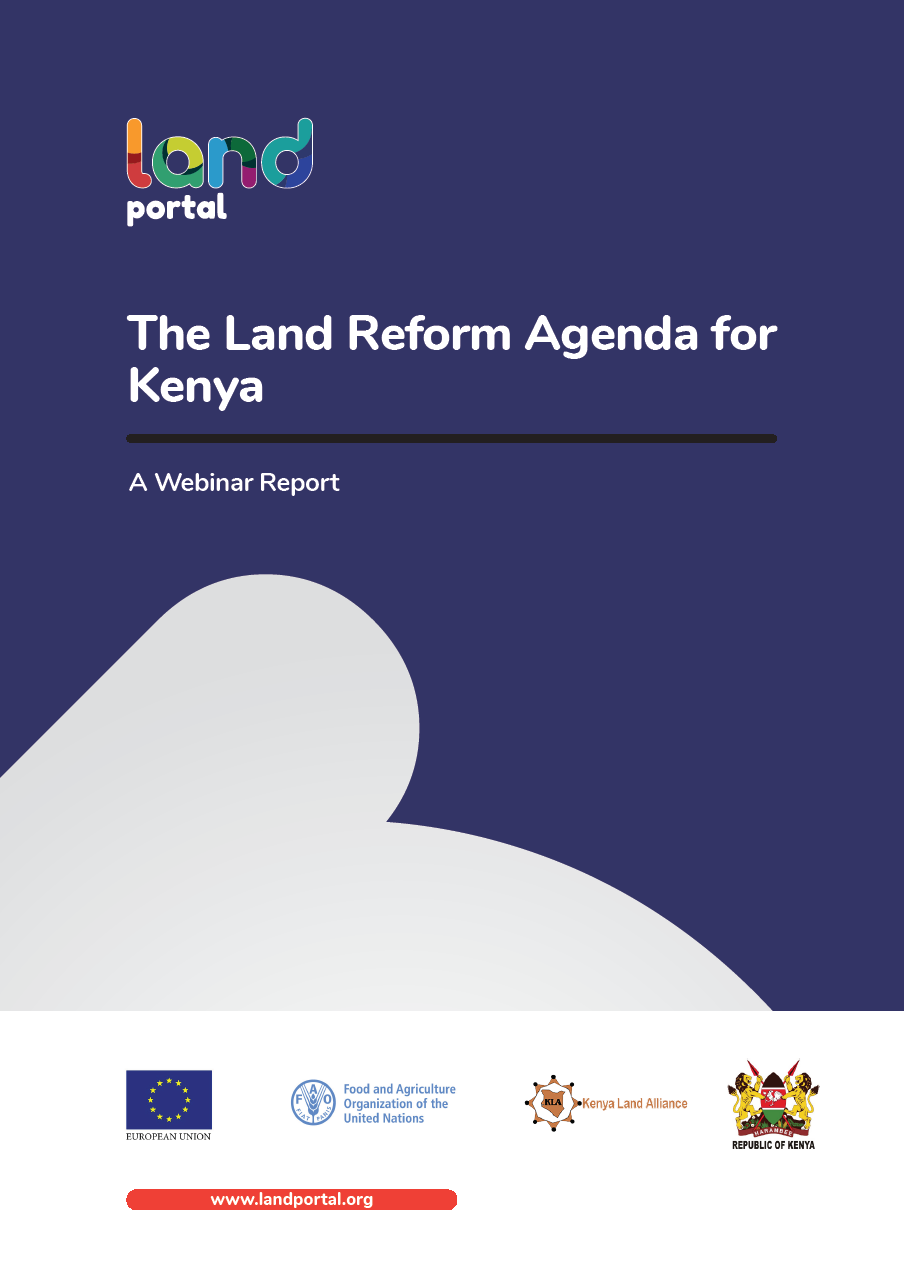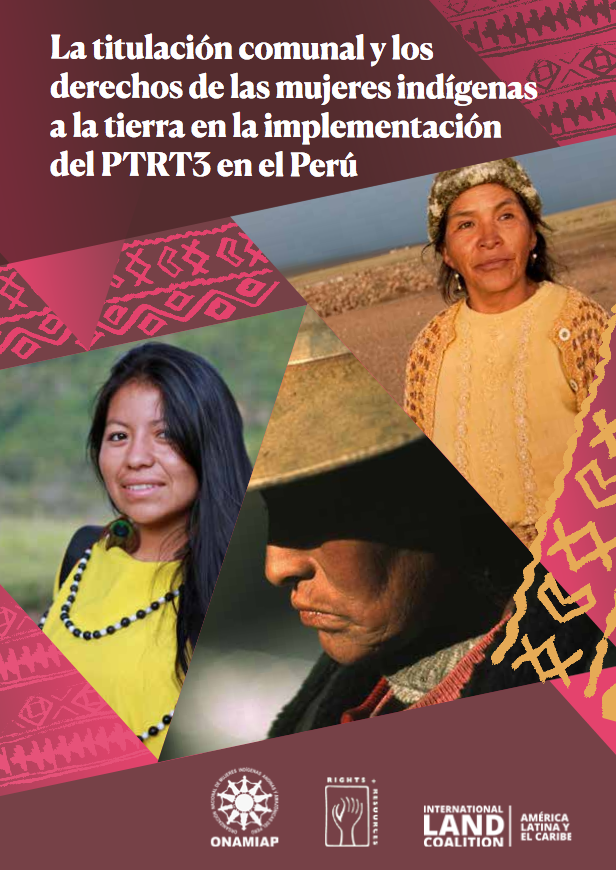LANDNET Africa: Report of the East African Sub-Regional Planning Workshop
Official report of the East African LANDNET Africa meeting held in Kenya in August 2000. Summarises welcoming remarks, the keynote address by H.W.O. Okoth-Ogendo, and thematic presentations on women’s land rights in eastern Africa, common property networking at the global level, and land tenure networking issues in Rwanda. Also sub-regional LANDNET Africa updates, and country land tenure networking updates from Rwanda, Uganda, Tanzania and Kenya, plus identification of priority issues and future plans. Lists addresses of participants and the workshop programme.






